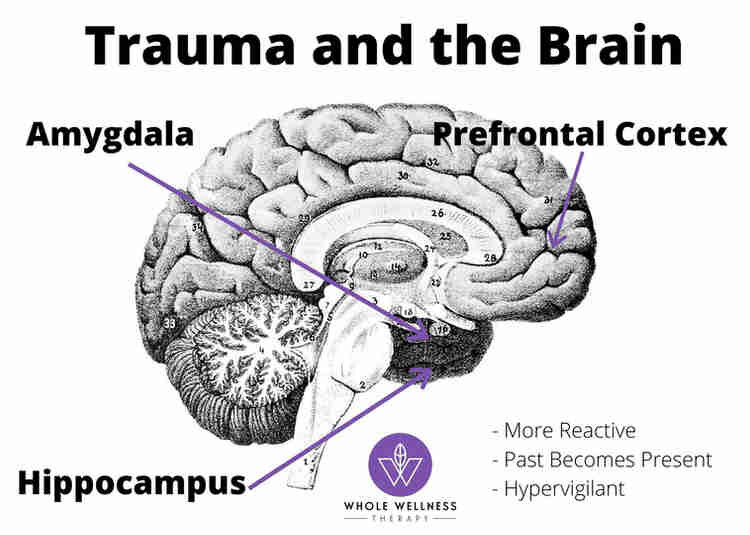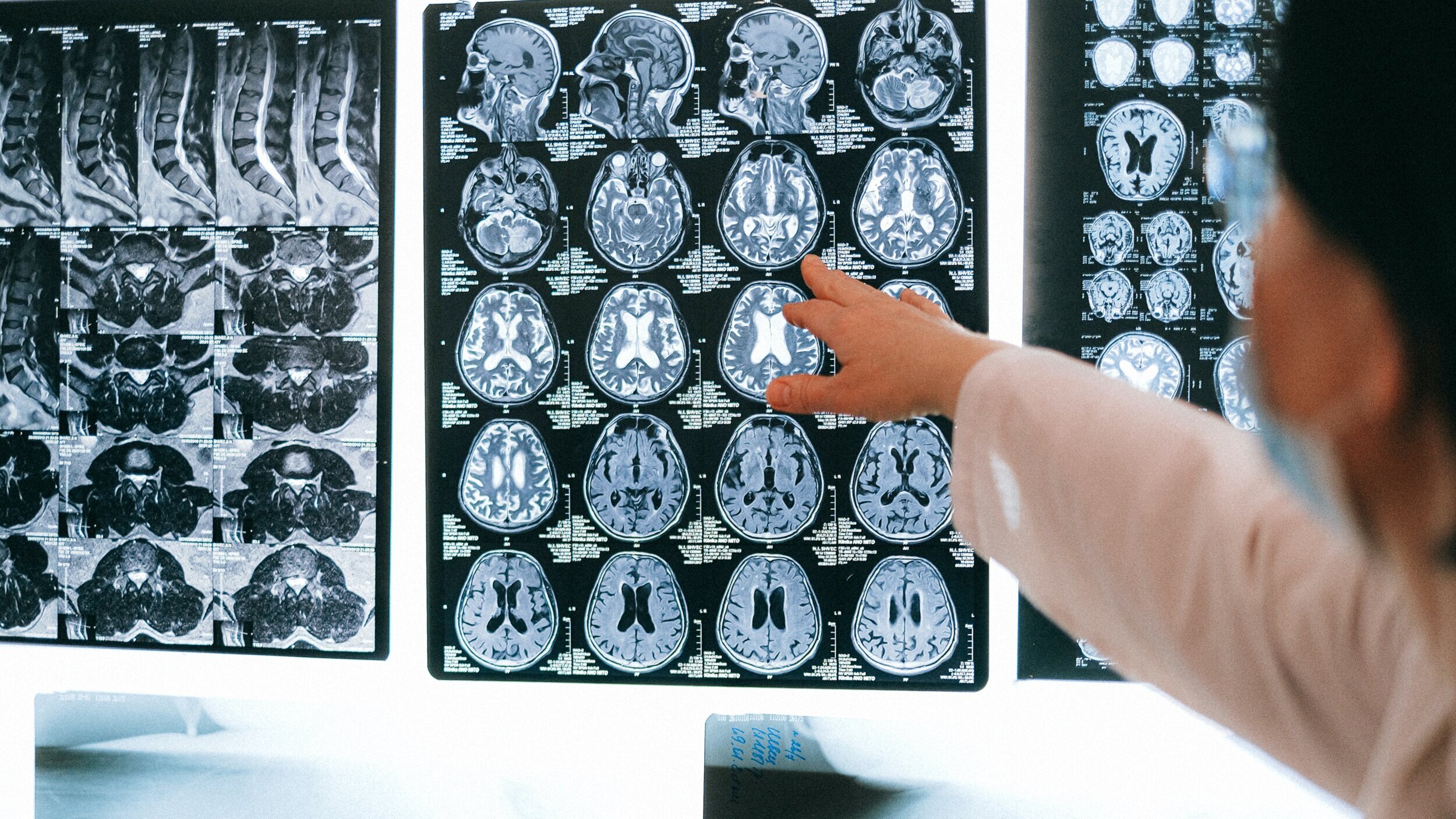How Does Trauma Affect the Brain? - And What It Means For You
Introduction
When we go through trauma, our brains don’t function like they normally do. We shift into survival mode. Like a deer in the headlights, our brains direct all our mental and physical energy toward dealing with the immediate threat until it’s gone. In normal situations, this state fades over time. Trauma isn't just something we experience after being in a warzone or in a violent situation, we can be traumatized by our relationships. See: Betrayal Trauma.
Sometimes, though, our initial trauma response sticks, making it difficult for us to function as we’d like. Trauma can change the way we think, feel, and act for a long time after the initial event. For many people, this could mean flashbacks or nightmares, a constant feeling of being on edge, loneliness, anger, intrusive thoughts and memories, self-destructive actions, and more.
All these things are very normal responses to trauma, but they don’t always go away on their own. The good news is that patterns that might seem permanent can actually be reversed--with the right approach and knowledge, you can shift your brain towards healing. However, it can be difficult to see a path forward without first understanding how and why these changes happen.
The Brain’s Response to Trauma
Trauma can change your brain on many levels, from the way you make decisions down to your immediate, subconscious responses to the world around you. Part of the reason it can be so hard to overcome the effects of trauma is that it goes after several areas of your brain at once.
According to a 2006 study by NIH, trauma mainly affects three important parts of your brain: the amygdala, which is your emotional and instinctual center; the hippocampus, which controls memory; and the prefrontal cortex, which is responsible for regulating your emotions and impulses. All three parts work together to manage stress.
When you’re reminded of a traumatic experience, your amygdala (emotional and survival center) goes into overdrive, acting just as it would if you were experiencing that trauma for the first time. Your prefrontal cortex also becomes suppressed, so you’re less capable of controlling your fear--you’re stuck in a purely reactive state.
Meanwhile, trauma also leads to reduced activity in the hippocampus, one of whose functions is to distinguish between past and present. In other words, your brain can’t tell the difference between the actual traumatic event and the memory of it. It perceives things that trigger memories of traumatic events as threats themselves.
Trauma can cause your brain to remain in a state of hypervigilance, suppressing your memory and impulse control and trapping you in a constant state of strong emotional reactivity.
The Healing Process
It might seem like trauma does irreversible damage to your brain--that’s not true. Our brains are extremely adaptable. Neuroplasticity, the brain’s ability to form new connections, explains why we can rewire our brains to reverse trauma’s damaging effects.
Our brains are more susceptible to change than many people think, and even though overcoming trauma is a difficult process, you’re actually changing the way your brain works: adding new pathways, increasing the functions of certain areas, and strengthening connections. It’s the same mechanism that allows us to grow and change by learning.
During the healing process, you can actually rewire and retrain your brain to reverse the effects of trauma. You can reinforce your prefrontal cortex and get back rationality and control. You can strengthen your hippocampus and help your memory work how it’s supposed to. And you can subdue the hyperactive amygdala, which will help bring you peace.
With time and the right help and therapeutic methods, you can find a way to overcome trauma, right down to your neurons.
Our approach at Whole Wellness Therapy is based on this simple truth, that our brains physically change based on our surroundings. That means that the best therapeutic environment that we work to create at our offices, puts you in a growth producing environment. This philosophy is what makes us so successful in treating the complexity of past trauma with our unique trauma therapy.
Read More About Brain Science:
https://highlandspringsclinic.org/blog/can-emotional-trauma-cause-brain-damage/
https://brainblogger.com/2015/01/24/how-does-post-traumatic-stress-disorder-change-the-brain/
Read More About Neuroplasticity:
About The Author
Isaac Smith, MAT, LCSW, FNTP is the founder of Whole Wellness Therapy, and serves as the Executive Director. Isaac gives presentations on topics including addiction, trauma, grief and loss, and anxiety, in addition to providing professional consultations. Prior to founding the practice, Isaac worked with UC Davis Health to help them build and launch their substance use disorder treatment program as well as their Collaborative Care program, which focuses on treating chronic depression and anxiety in older adults. Committed to life-long learning, Isaac holds a master's degree in Theology and has advanced training in nutritional therapy. Currently, he is pursuing a doctor of psychology degree at the Wright Institute in Berkeley, CA.




